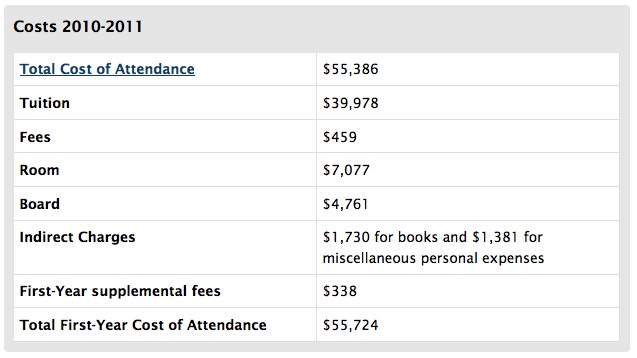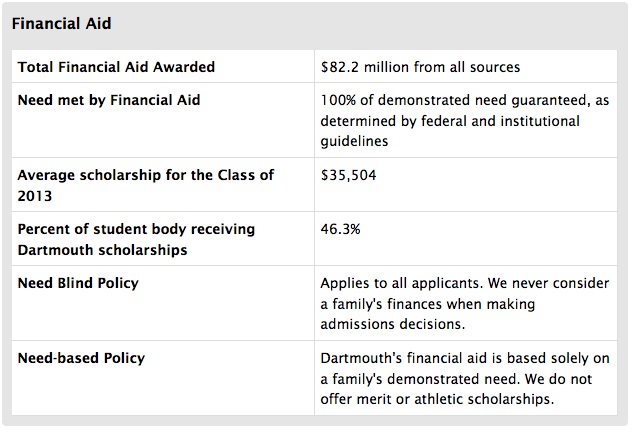There’s an interesting piece in Times Higher Education under the headline “Universities are blind to open-learning train set to smash up their models”. It’s a report on a OECD conference held last week in Paris.
Open learning and new technology are about to smash the structure of the modern university – and higher education is too distracted by its funding problems to notice.
Peter Smith, the senior vice-president of academic strategies and development for private US firm Kaplan Higher Education, said online access to university courses would end the model of higher education based on ‘scarcity’ of places.
“Faculty and people who run universities are no longer in control,” he told an Organisation for Economic Cooperation and Development conference in Paris last week.
Dr Smith, a former assistant director general for education at Unesco, the UN cultural and educational body, challenged the focus on the financial crisis at the event, titled Higher Education in a World Changed Utterly: Doing More with Less.
Given huge growth in access to information, Dr Smith argued, the real challenge facing universities is “doing more with more”. He added: “The only ‘less’ is the resources available to traditional universities to do what they have always done.”
In another speech, Charles Reed, the chancellor of the California State University system, likened higher education to a train, with more people seeking to cram into limited places as the financial crisis squeezed jobs.
Dr Smith adapted the metaphor. “The train is headed directly at the modern university structure,” he said. “It is going to hit it, and change it fundamentally.”
Dr Smith said he could, for example, take Carnegie Mellon University’s open-learning courses on Apple iTunes, develop a system of mentors and use the OECD’s measures to evaluate student performance on graduation (the Assessment of Higher Education Learning Outcomes project).
This would give “all of the resources you need for an excellent educational experience” at a low cost, he argued.
What’s interesting about this is its implicit short-termism. There’s no doubt that it can be done — and probably is being done. Leaving aside the question of whether there is an important — but intangible — value to be derived from physically gathering young people in one place so that they can learn from one another as well as from their ‘instructors’ (a hoary old question, this, first raised by Eli Noam in 1995), this view of education seems to me to be irredeemably flawed. The whole point of academic teaching is that, over time, it needs to be refreshed, updated, renewed — and in some cases overthrown by new paradigms and new knowledge. Building a degree-awarding industry on the back of open content provided by established institutions can indeed be done. But it contributes nothing to the process of academic renewal that comes mainly from employing, supporting and rewarding academic staff. In that sense, Smith’s idea of re-using CMU material looks awfully like the slash-and-burn approach to agriculture that is devastating the world’s rain-forests. In the short-term, the cleared forest soil is fertile and productive. But if it’s not fertilised and tilled it will rapidly become exhausted.
LATER: In a tweet, Jeff Jarvis pointed out, reasonably, that Dr Smith was proposing to add some value (mentors, etc.). But that still doesn’t address the issue of who generates — and refreshes — the teaching material. I suppose it’s possible in some cases that the act of exposing teaching materials to a wide audience could lead to an open-source-type tinkering, bug-fixing improvement process.




